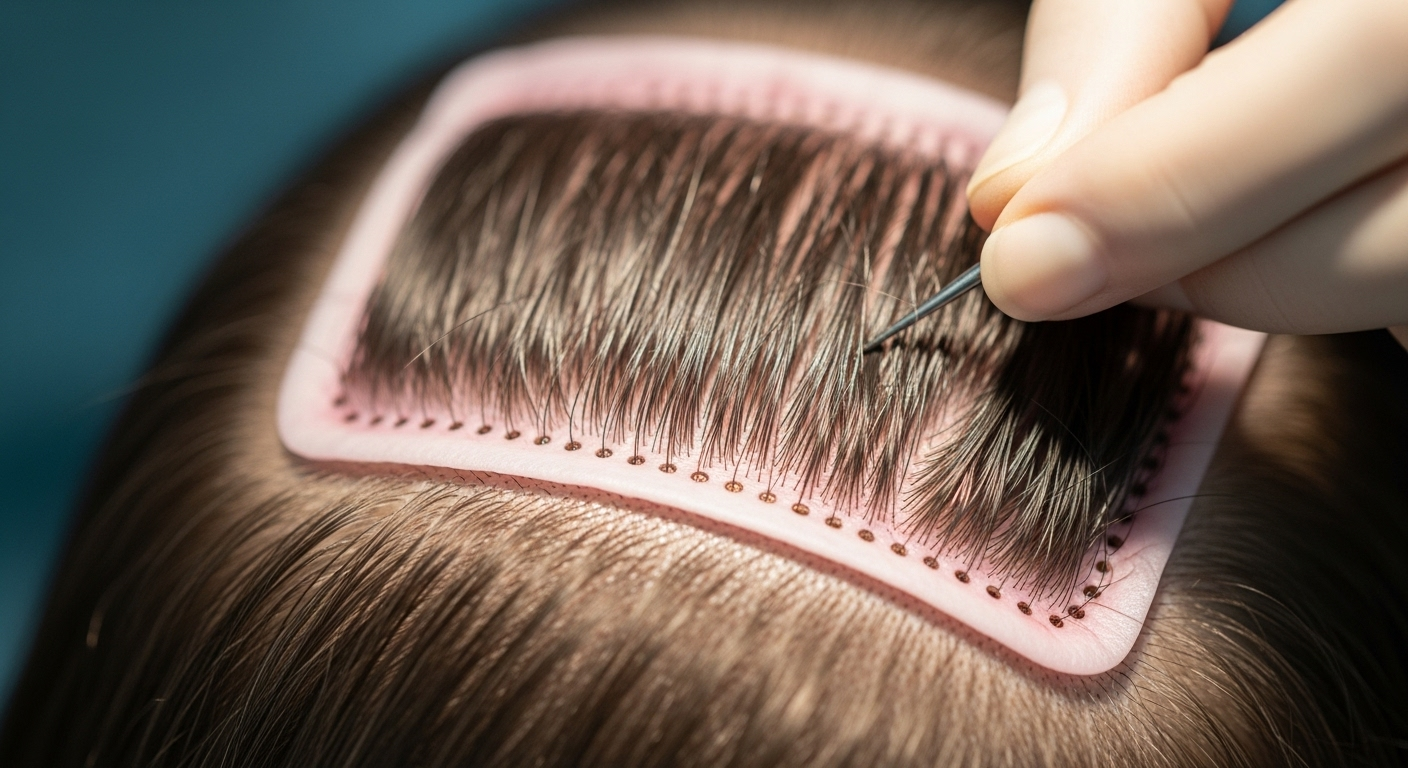Key Things to Consider Before Selecting a Hair Transplant Centre
Choosing the right hair transplant centre in the UK involves more than just comparing prices. From consultation quality to medical credentials and available treatment options, patients need to assess several factors before making an informed decision.

What is the importance of a professional consultation?
Starting with a professional consultation is crucial when considering hair transplantation. This initial meeting allows you to discuss your concerns, expectations, and medical history with a qualified specialist. A reputable hair transplant centre will offer a comprehensive assessment of your hair loss, scalp condition, and overall health. During this consultation, the practitioner should explain various treatment options, potential outcomes, and any risks involved. This step is vital in determining whether you’re a suitable candidate for hair transplantation and in tailoring a treatment plan to your specific needs.
How do you evaluate a clinic’s reputation and credentials?
When selecting a hair transplant centre, the clinic’s reputation and the practitioner’s credentials should be thoroughly examined. Look for centres with a proven track record of successful treatments and positive patient testimonials. Check if the clinic is registered with the Care Quality Commission (CQC) in England, which regulates healthcare providers. Additionally, verify the qualifications and experience of the surgeons performing the procedures. Reputable clinics often have surgeons who are members of professional bodies such as the International Society of Hair Restoration Surgery (ISHRS) or the British Association of Hair Restoration Surgery (BAHRS).
What treatment options and customised solutions are available?
A high-quality hair transplant centre should offer a range of treatment options and customised solutions. The two main types of hair transplant procedures are Follicular Unit Transplantation (FUT) and Follicular Unit Extraction (FUE). Each has its advantages, and the best choice depends on individual factors such as the extent of hair loss, donor hair availability, and personal preferences. Look for clinics that provide detailed explanations of these techniques and can offer tailored approaches based on your specific needs. Some centres may also offer complementary treatments like platelet-rich plasma (PRP) therapy or scalp micropigmentation to enhance results.
How important is the clinic’s technology and facilities?
The technology and facilities used by a hair transplant centre play a significant role in the success of the procedure. Advanced equipment can contribute to more precise and less invasive treatments, potentially leading to better results and faster recovery times. Inquire about the clinic’s use of modern technologies such as automated FUE devices, microscopes for graft preparation, and specialised imaging systems for treatment planning. Additionally, ensure that the clinic maintains high standards of cleanliness and adheres to strict sterilisation protocols to minimise the risk of complications.
What should you know about aftercare and follow-up services?
Aftercare and follow-up services are crucial components of the hair transplant process. In the UK, hair restoration is not just a one-time procedure but a journey that requires ongoing care and attention. A reputable clinic should provide comprehensive post-operative instructions, including guidance on how to care for your newly transplanted hair and scalp. They should also offer follow-up appointments to monitor your progress and address any concerns that may arise during the recovery period. Some clinics may provide additional services such as specialised hair care products or scalp treatments to support optimal hair growth and maintenance.
What are the real costs associated with hair transplantation?
Understanding the costs involved in hair transplantation is essential for making an informed decision. In the UK, the price of a hair transplant can vary significantly depending on factors such as the extent of hair loss, the chosen technique, and the clinic’s reputation. Generally, FUE procedures tend to be more expensive than FUT due to the more time-consuming nature of the technique.
Here’s a comparison of estimated costs for hair transplantation in the UK:
| Procedure Type | Estimated Cost Range | Typical Graft Count |
|---|---|---|
| FUE (Small) | £3,000 - £5,000 | Up to 1,000 grafts |
| FUE (Medium) | £5,000 - £9,000 | 1,000 - 2,000 grafts |
| FUE (Large) | £9,000 - £15,000+ | 2,000+ grafts |
| FUT (Strip) | £5,000 - £10,000 | Varies |
Prices, rates, or cost estimates mentioned in this article are based on the latest available information but may change over time. Independent research is advised before making financial decisions.
When considering the cost, it’s important to remember that the cheapest option may not always be the best. Focus on the overall value, including the clinic’s reputation, the surgeon’s expertise, and the quality of care provided throughout the entire process.
In conclusion, selecting the right hair transplant centre in the UK requires careful consideration of multiple factors. From the initial consultation to the clinic’s reputation, available treatments, technology, aftercare services, and costs, each aspect plays a crucial role in ensuring a successful hair restoration experience. By thoroughly researching and evaluating these key elements, you can make an informed decision that aligns with your needs and expectations, paving the way for a more confident, revitalised you.




